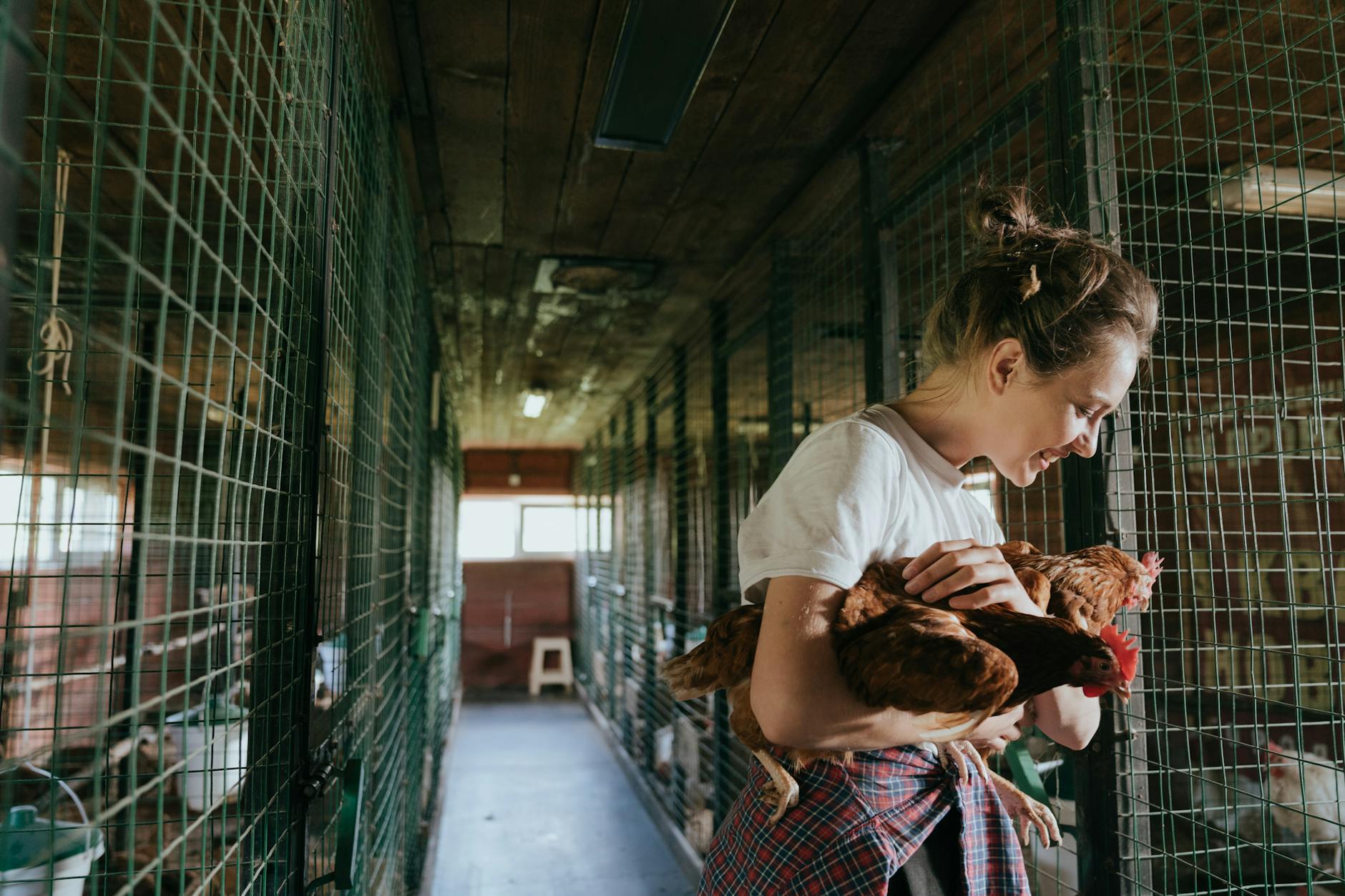chicken farm biosecurity,chicken farm profitability
Comprehensive Guide to Broiler Chicken Production Success
Introduction
Boiler chicken production is an essential component of the global poultry industry. With the increasing demand for poultry meat, it has become crucial for farmers to enhance their production practices to meet both market needs and regulatory standards. This comprehensive guide aspires to equip aspiring and experienced poultry farmers with the knowledge needed to achieve success in broiler chicken production, covering essential aspects such as biosecurity, nutrition, housing, and economic considerations. Readers will find practical advice and insights into industry best practices, ensuring a balanced methodology that integrates both modern technology and sustainable farming principles.
Broiler chicken production focuses on raising chickens specifically for meat consumption. Unlike layer hens, which are raised predominantly for egg production, broilers have distinct growth and nutritional requirements. The typical production cycle for broilers is shorter, usually around 6-7 weeks, necessitating a well-structured approach to housing, feeding, and health management. Emphasizing efficient growth rates and high meat yield, this section delves into the fundamentals of broiler chicken production.
Choosing the right breed is vital for maximizing productivity and profitability. Common broiler breeds include the Cornish Cross and the White Boning. These breeds are known for their rapid growth rates, reaching market weight quicker than most local chicken breeds. However, considerations such as environmental adaptability and disease resistance must also be taken into account. Integrating pasture-raised chickens can be beneficial by utilizing local chicken breeds, which tend to have better adaptation to regional climates.
Broiler Health Management
Health management is a cornerstone of successful broiler production. Regular veterinary check-ups and vaccinations help prevent diseases, while an appropriate environment reduces disease spread. Stress factors such as overcrowding, poor ventilation, or inadequate nutrition must be addressed promptly. Implementing a robust chicken farm biosecurity plan can help protect bird health and minimize potential outbreaks.
Sustainable and Small-Scale Practices
Integrating sustainable practices into broiler production involves utilizing renewable resources and reducing environmental impact. Methods such as using renewable energy sources and effective chicken waste management help minimize the footprint of poultry operations. Small-scale poultry farming can be both profitable and sustainable by leveraging free-range chicken practices, thereby enhancing flock health and reducing feed costs. Balancing traditional and technological methods can ensure high yield with minimal resource strain.
Achieving economic success in broiler production involves understanding market demands, pricing strategies, and production costs. Evaluating inputs such as feed, labor, and equipment against outputs helps determine financial viability. Employing poultry farm technology for precise monitoring can lead to informed decisions that improve chicken farm profitability. Exploring value addition through sustainable egg production and diversifying product lines can also enhance economic resilience.
Success in broiler chicken production demands a cohesive approach integrating modern technology, sustainable practices, and efficient farm management. By focusing on breed selection, effective coop design, comprehensive health management, and insightful economic planning, producers can ensure a profitable and sustainable operation. Readers are encouraged to continuously educate themselves and adapt to emerging trends and technologies in poultry farming.
**What is the ideal space requirement per broiler chicken in a coop?**
Each broiler chicken should ideally have at least 1 square foot of space to minimize stress and promote healthy growth.
**How do you maintain biosecurity in a broiler chicken farm?**
Maintaining strict access controls, regular sanitization, and monitoring the health of the flock are essential practices for maintaining biosecurity.
**What are some common diseases affecting broiler chickens?**
Common diseases include Avian Influenza, Newcastle Disease, and Infectious Bursal Disease, each requiring specific prevention and management strategies.
**Can broilers be raised organically?**
Yes, broilers can be raised organically by using organic feeds, providing outdoor access, and avoiding synthetic growth promoters.
**How can technology improve broiler production efficiency?**
Technology can enhance production efficiency through automated feeding systems, environmental controls, and health monitoring devices that provide real-time data for decision-making.
